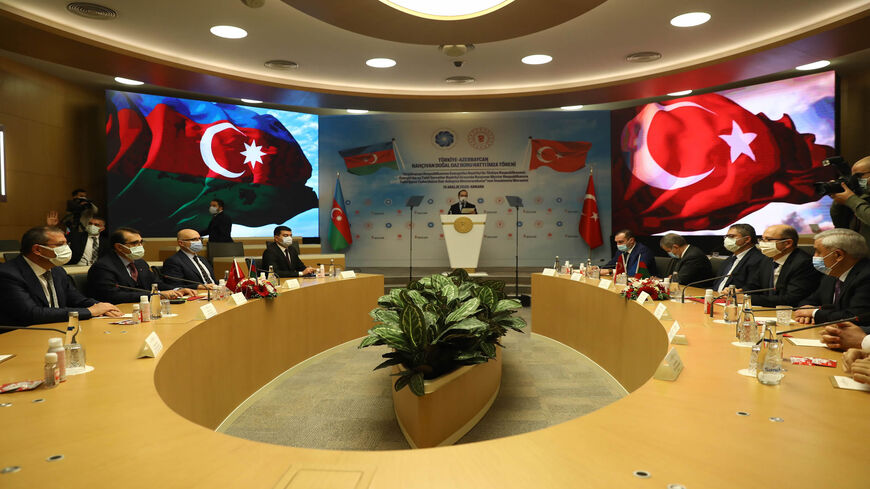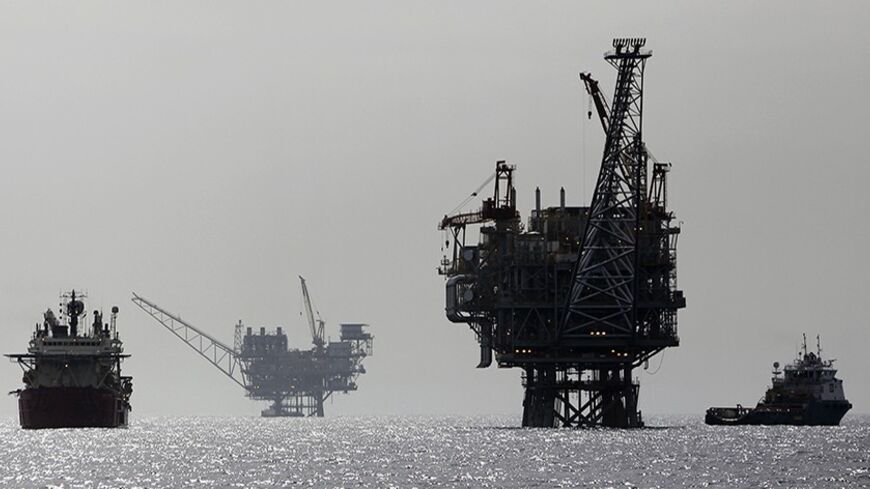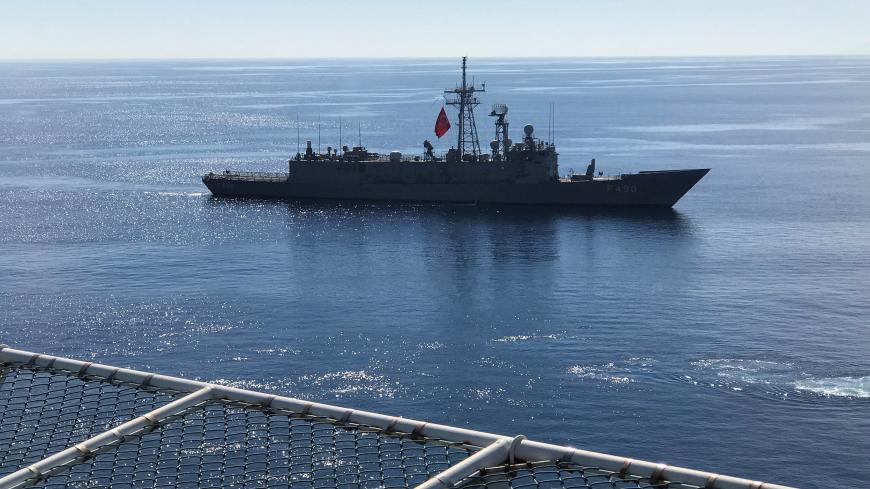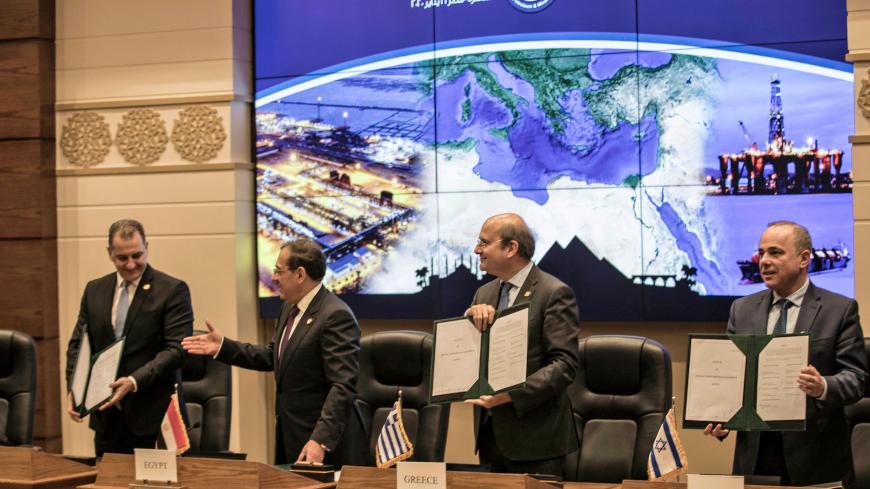Could Turkey-Israel rapprochement lead to gas agreement?
The Cyprus conflict stands as a major stumbling block before potential plans to carry Israeli gas to Europe via Turkey.

The visit to Tel Aviv on May 26 by Turkish Foreign Minister Mevlut Cavusoglu and the news that Turkey and Israel are planning to re-establish formal diplomatic and economic relations has again raised the prospect that the two East Mediterranean states might also decide to cooperate to transit Israel's sizeable gas reserves to Turkey and on to Europe.
First mooted over a decade ago following the discovery of Israel's 620 billion cubic meter Leviathan gas field, plans to pipe Israeli gas to Turkey were sharply dropped following successive disputes between Ankara and Tel Aviv over Israel's treatment of its Palestinian Arab population.








